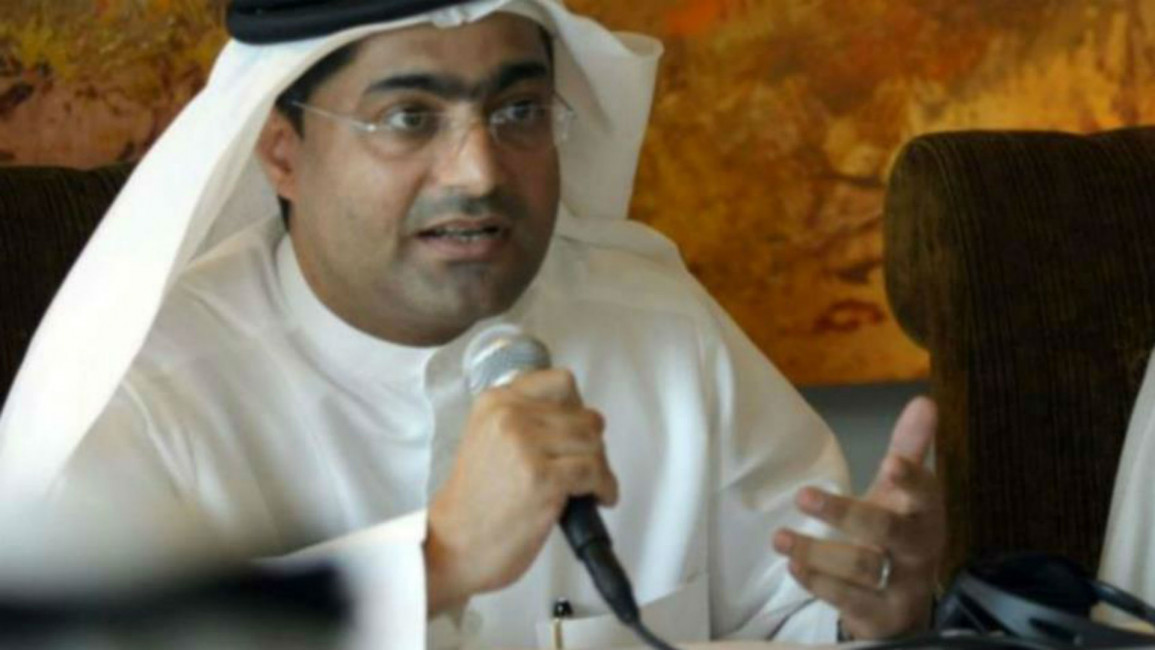UAE activist Ahmed Mansoor could face reprisals over jail letter alleging mistreatment: HRW
Human rights groups said Tuesday they feared possible retaliation against prominent United Arab Emirates activist Ahmed Mansoor, after the publication of a letter he wrote alleging mistreatment in jail.
Mansoor was sentenced to 10 years in prison in 2018, on accusations of spreading false information in social media posts -- a verdict that activists said showed there was no space for free expression in the UAE.
Human Rights Watch and the Gulf Centre for Human Rights had said in a January report that he was being held in isolation from other prisoners at Al-Sadr prison near Abu Dhabi, and denied a bed and mattress since being detained in 2017.
They said in a statement Tuesday that a private letter he wrote detailing his conditions in detention had leaked and been published earlier this month by a London-based Arabic news site.
"It describes being held in indefinite solitary confinement, deprived of basic necessities and denied any meaningful contact with other prisoners or the outside world," they said.
HRW's deputy Middle East director Michael Page called on the UAE to immediately allow independent monitors to see Mansoor to confirm his safety and welfare.
"UAE authorities' long record of contempt for the rule of law and rights of detainees means Mansoor could face grave retaliation in prison," he said.
Mansoor was handed the prison term after being convicted of attempting to harm his country's relations with its neighbours by spreading misinformation in posts on Facebook and Twitter, according to Emirati media.
He was however cleared of conspiring with a "terrorist organisation".
During his trial, all court proceedings were conducted in almost total secrecy.
Mansoor, one of the most prominent human rights defenders in the UAE, received the prestigious Martin Ennals Award for Human Rights Defenders in 2015 for his work documenting the human rights situation in the country.
His arrest in March 2017 under the Gulf state's cyber-crime law triggered an international outcry led by Human Rights Watch and Amnesty International.
During Mansoor's detention, the prosecutor accused him of using social media to "publish false information and rumours, spread tendentious ideas that would sow sedition, sectarianism and hatred", state news agency WAM had reported.
He was also accused of harming "national unity and social peace" and "the state's reputation".
Mansoor was part of a group of activists known as the UAE Five, who were arrested in April 2011 and released later that year after a presidential pardon, although authorities confiscated his passport and banned him from leaving the country.


![President Pezeshkian has denounced Israel's attacks on Lebanon [Getty]](/sites/default/files/styles/image_684x385/public/2173482924.jpeg?h=a5f2f23a&itok=q3evVtko)



 Follow the Middle East's top stories in English at The New Arab on Google News
Follow the Middle East's top stories in English at The New Arab on Google News


